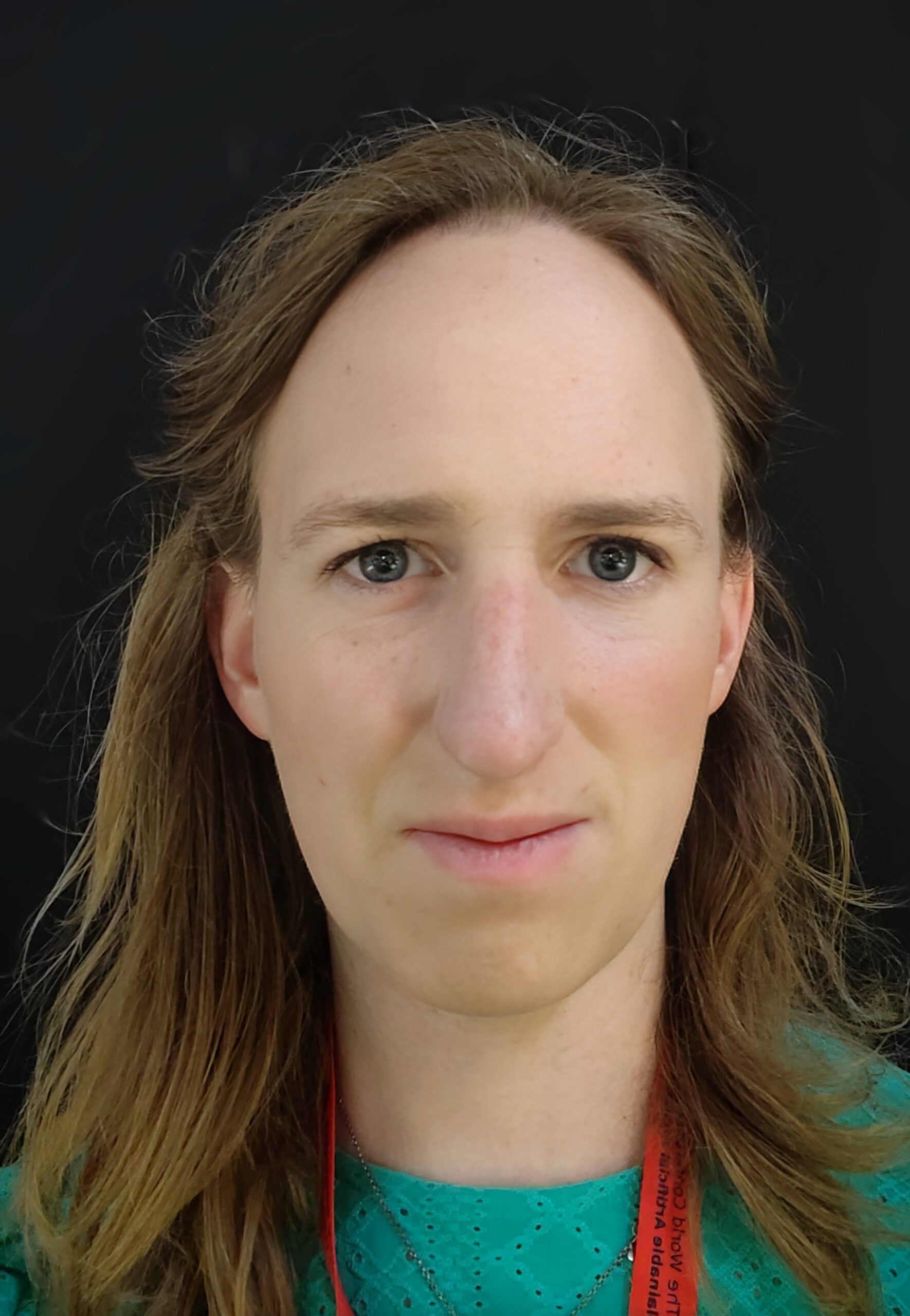Introduction
Optimisation and Machine Learning tools are among the most used tools in the modern world with their omnipresent computing devices. Yet, while both these tools rely on search processes (search for a solution or a model able to produce solutions), their dynamics have not been fully understood. This scarcity of knowledge on the inner workings of heuristic methods is largely attributed to the complexity of the underlying processes, which cannot be subjected to a complete theoretical analysis. However, this is also partially due to a superficial experimental setup and, therefore, a superficial interpretation of numerical results. In fact, researchers and practitioners typically only look at the final result produced by these methods. Meanwhile, a great deal of information is wasted in the run. In light of such considerations, it is now becoming more evident that such information can be useful and that some design principles should be defined that allow for online or offline analysis of the processes taking place in the population and their dynamics.
Hence, with this workshop. Analysing algorithmic behaviour of optimisation heuristics (AABOH), we call for both theoretical and empirical achievements identifying the desired features of optimisation and machine learning algorithms, quantifying the importance of such features, spotting the presence of intrinsic structural biases and other undesired algorithmic flaws, studying the transitions in algorithmic behaviour in terms of convergence, any-time behaviour, traditional and alternative performance measures, robustness, exploration vs exploitation balance, diversity, algorithmic complexity, etc., with the goal of gathering the most recent advances to fill the aforementioned knowledge gap and disseminate the current state-of-the-art within the research community.
Thus, we encourage submissions exploiting carefully designed experiments or data-heavy approaches that can come to help in analysing primary algorithmic behaviours and modelling internal dynamics causing them.
Double-Blind Review Process
Each paper submitted to AABOH will be rigorously reviewed in a double-blind review process. In other words, authors should not know who the reviewers of their work are and reviewers should not know who the authors are. To this end, the following information is very important:
Submitted papers should be ANONYMIZED. This means that they should NOT contain any element that may reveal the identity of their authors. This includes author names, affiliations, and acknowledgments. Moreover, any references to any of the author’s own work should be made as if the work belonged to someone else.
If you are using LaTeX, consider using the following header to remove author listing and to remove sections marked as containing identifying information (e.g. Acknowledgements):
\documentclass[dvipsnames,format=sigconf,anonymous=true,review=true]{acmart}
Topics
We encourage submissions exploiting carefully designed experiments or data-heavy approaches that can come to help in analysing primary algorithmic behaviours and modelling internal dynamics causing them. As an indication, some (but not all) relevant topics of interests are reported in the list below:
- global search vs. local search,
- exploration vs. exploitation,
- time and space complexity,
- premature convergence and stagnation,
- structural bias,
- genotypic or phenotypic diversity,
- robustness of the produced solution,
- secondary benchmarking,
- anytime performance.
All accepted papers of this workshop will be included in the ACM Proceedings of the Genetic and Evolutionary Computation Conference (GECCO’26) Companion Volume.
Program (preliminary)
- TBA
Important Dates
- Submission opening: February 2, 2026
- Submission deadline: March 27, 2026
- Notification: April 24, 2026
- Camera-ready: May 5, 2026
- Author’s mandatory registration: May 11, 2026
Instructions for Authors
Submitted papers must not exceed 8 pages (excluding references) and are required to be in compliance with the GECCO 2026 Papers Submission Instructions.
Submitted papers should use the GECCO template.
Please see additional information on the GECCO website: https://gecco-2026.sigevo.org/Paper-Submission-Instructions
Previous editions:
Previous keynotes
2025: Hans-Georg Beyer: “It is Time for a Revision of COCO BBOB”





